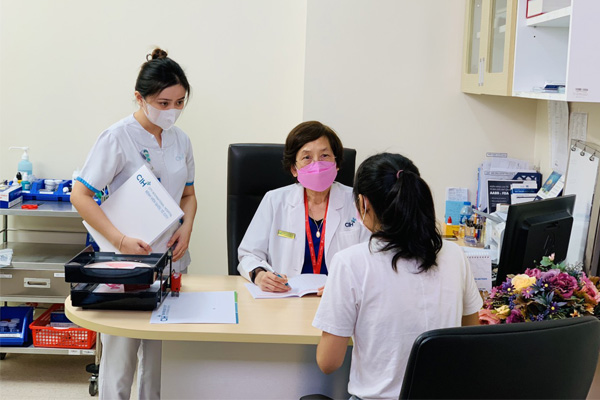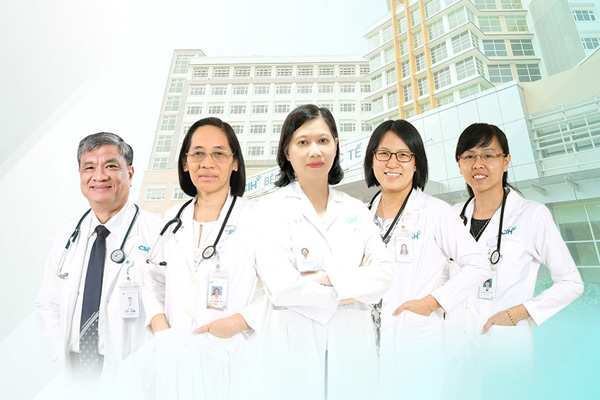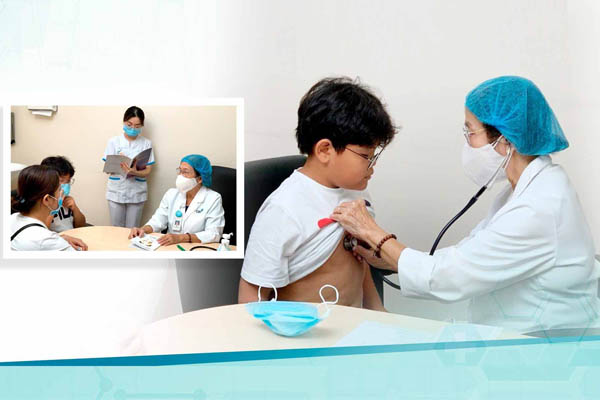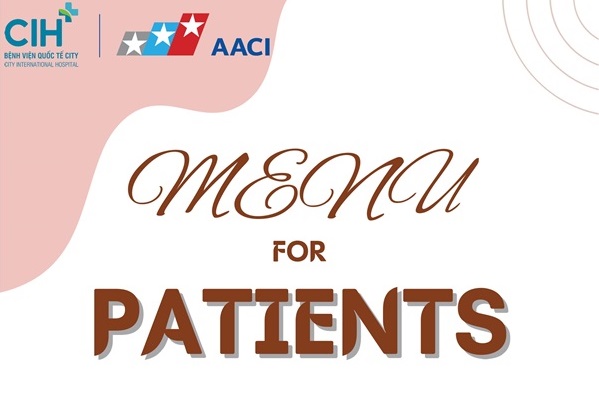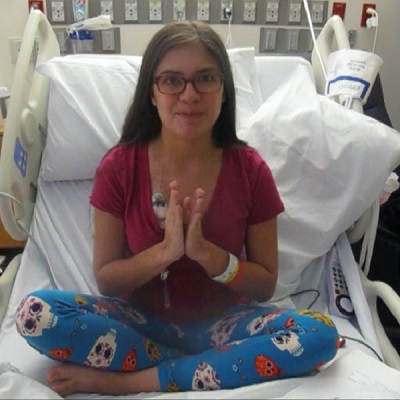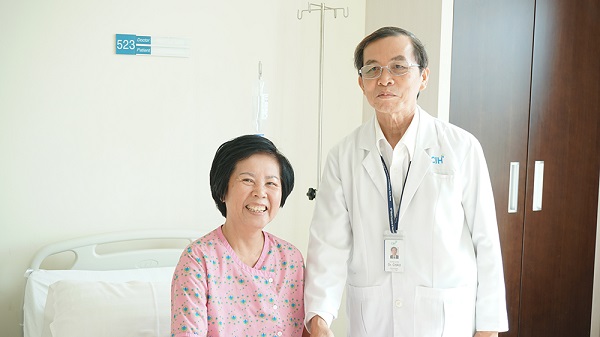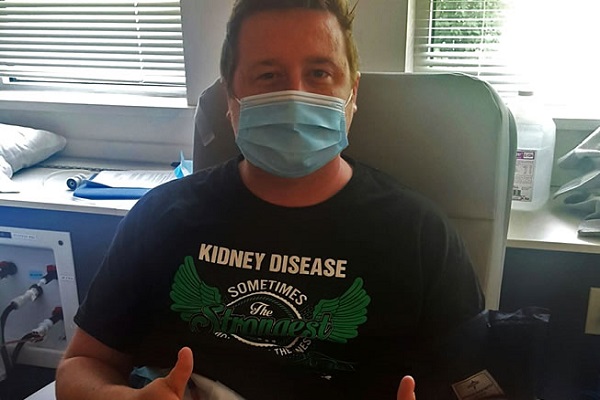Researchers continue to make progress in understanding what can cause lung cancer in people who have never used tobacco. Lung cancer is one of the most common and serious types of cancer. Around 22,000 new cases of lung cancer are recorded every year in Vietnam. According to the Centers for Disease Control and Prevention, it’s also the leading cause of death from cancer.
Lung Cancer
Lung cancer happens because cells in the lung mutate or change. Most often those changes happen from breathing in harmful chemicals in the air. While it’s true that staying away from tobacco is the most important thing any of us can do to lower our risk of getting lung cancer, there are also other risk factors. And some people who get lung cancer have no known risk factors. Early stages of lung cancer may not produce symptoms; however, early diagnosis and treatment is important to ensure the best outcome. Lung cancer may be treated with surgery, radiation, and chemotherapy.
Lung cancer causes are not linked to smoking
1. Radon gas.
The leading cause of lung cancer in non-smokers is exposure to radon gas, according to the US Environmental Protection Agency (EPA). It accounts for about 21,000 deaths from lung cancer each year. About 2,900 of these deaths happen among people who never smoked. Radon occurs naturally outdoors in harmless amounts, but sometimes becomes concentrated in homes built on soil with natural uranium deposits. Studies have found that the risk of lung cancer is higher in people who have lived for many years in a radon-contaminated house. Because radon gas can’t be seen or smelled, the only way to know whether it’s a problem in your home is to test for it. A Citizen’s Guide to Radon explains how to test your home for radon easily and inexpensively, as well as what to do if your levels are too high.
2. Secondhand smoke.
Each year, about 7,000 adults die of lung cancer as a result of breathing secondhand smoke. Laws that ban smoking in public places have helped to reduce this danger. The American Cancer Society Cancer Action NetworkSM (ACS CAN) - the nonprofit, nonpartisan advocacy affiliate of the American Cancer Society - is working to expand and strengthen these laws to further protect both people who smoke and those who don't from the dangers of secondhand smoke.
Cancer-causing agents at work. Some people are exposed to carcinogens (cancer-causing agents) such as arsenic, asbestos and diesel exhaust at their workplace. Work-related exposure to such cancer-causing materials has decreased as the government and industry have taken steps to help protect workers. Still, if you work around these agents, be careful to limit your exposure whenever possible.
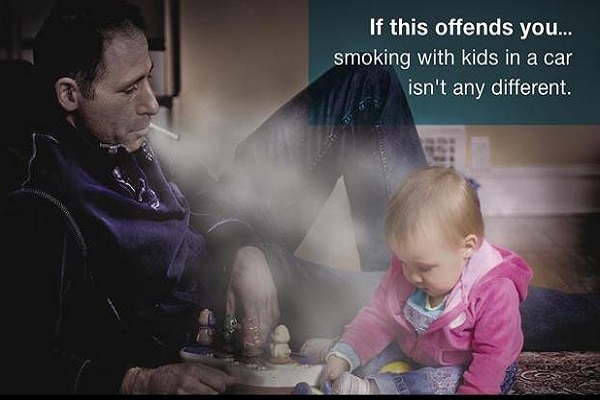
3. Air pollution.
Researchers have known for a long time that both indoor and outdoor air pollution can contribute to lung cancer. The World Health Organization (WHO) classifies outdoor air pollution as a carcinogen. However, it's believed the risk of lung cancer associated with air pollution is lower in the US than in many other countries because of policies that have helped to lower the levels of exposure.
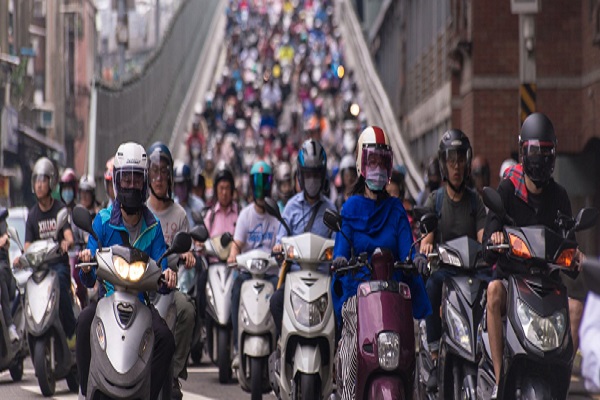
4. Gene mutations.
Researchers are learning more about what causes cells to become cancerous, and how lung cancer cells differ between people who have never smoked and those who smoke. Understanding how gene changes because lung cancer cells to grow has helped researchers develop targeted therapies, drugs that specifically attack cells with these mutations.

Mutations
Lifestyle changes to lower risk
Non-smokers avoid the greatest risk factor for lung cancer. But they can make some lifestyle changes to help reduce their risk even more.
In addition to testing your home for radon, avoiding secondhand smoke, and limiting exposures to carcinogens at work, eating a healthy diet with lots of fruits and vegetables may also help reduce your risk of lung cancer. Some evidence suggests that a diet high in fruits and vegetables may help protect against lung cancer in people who smoke and non-smokers.
Am I at risk?
Risk factors may increase your likelihood of developing lung cancer, although some people that develop lung cancer do not have any risk factors. People with all of the risk factors may never develop the disease; however, the chance of developing lung cancer increases with the more risk factors you have. You should tell your doctor about your risk factors and discuss your concerns.
Risk factors for lung cancer:
- Cigarette smoking causes the majority of lung cancer. Smoking pipe tobacco or cigars also can contribute to lung cancer. However, people that have never smoked may develop lung cancer.
- Inhaling second-hand smoke from others increases your risk of lung cancer.
- Exposure to high levels of air pollution increases the risk of lung cancer.
- High levels of arsenic in drinking water are associated with lung cancer.
- Radon gas in homes or businesses can cause lung cancer.
- You have a greater risk for lung cancer if your family members have had lung cancer.
- Lung scarring from chronic emphysema, bronchitis, and other conditions can raise the risk of lung cancer.
- Exposure at your job to cancer-causing substances, such as asbestos, uranium, arsenic, and certain petroleum products, increases the risk of developing lung cancer. People that are exposed to such products and smoke have even a greater risk.
- Radiation therapy to the lungs can increase the risk of lung cancer.
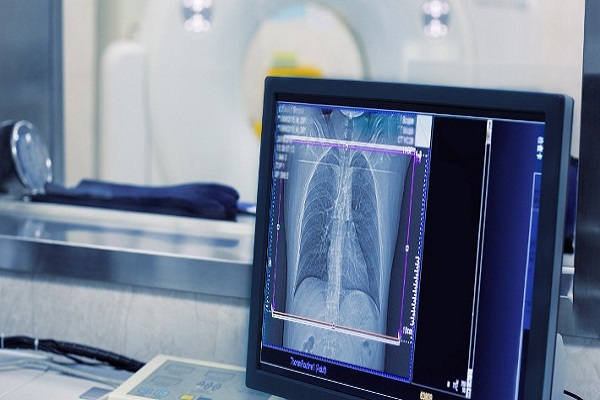
Screening for Lung Diseases and Cancer
For more information on lung cancer screening, visit: https://cih.com.vn/en/internal-surgical-medicine/1797-lung-cancer-screening-and-prevention.html
Check out our different Screening Packages for different needs
For appointment or screening service consultation, please contact:
- Ms. Võ Thị Mỹ Liên: (8428) 6280 3333, ext. 8424
- Ms. Nguyễn Thị Lệ: (8428) 6280 3333, ext. 8402
For appointment or more information about the services provided, please contact City International Hospital
- Operator: (8428) 6280 3333, ext. 0
- Address: Level 3, No. 3, 17A Street, Binh Tri Dong B Ward, Binh Tan Dist. (Next to AEON Mall Binh Tan). Ho Chi Minh City.
- Website: https://cih.com.vn/en/













